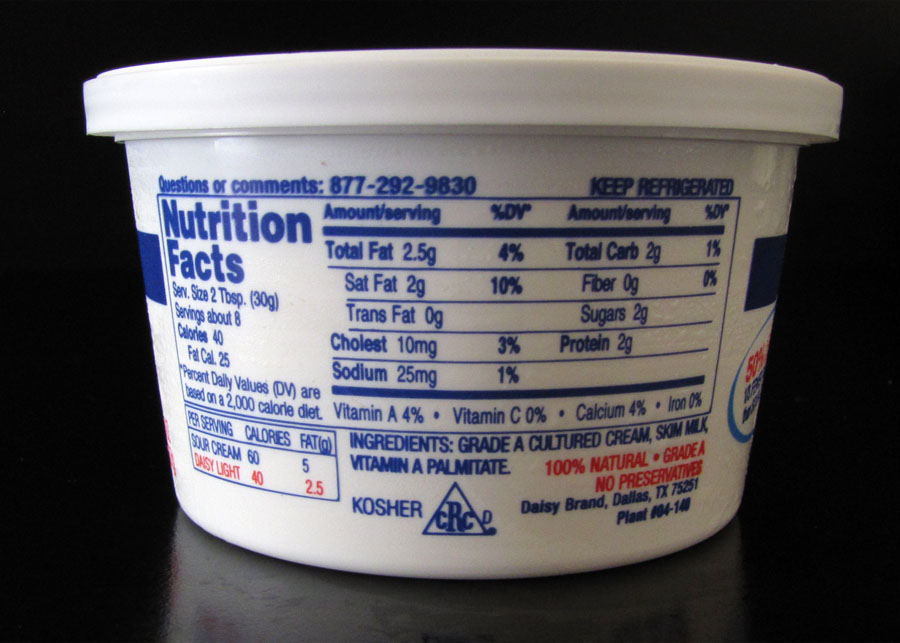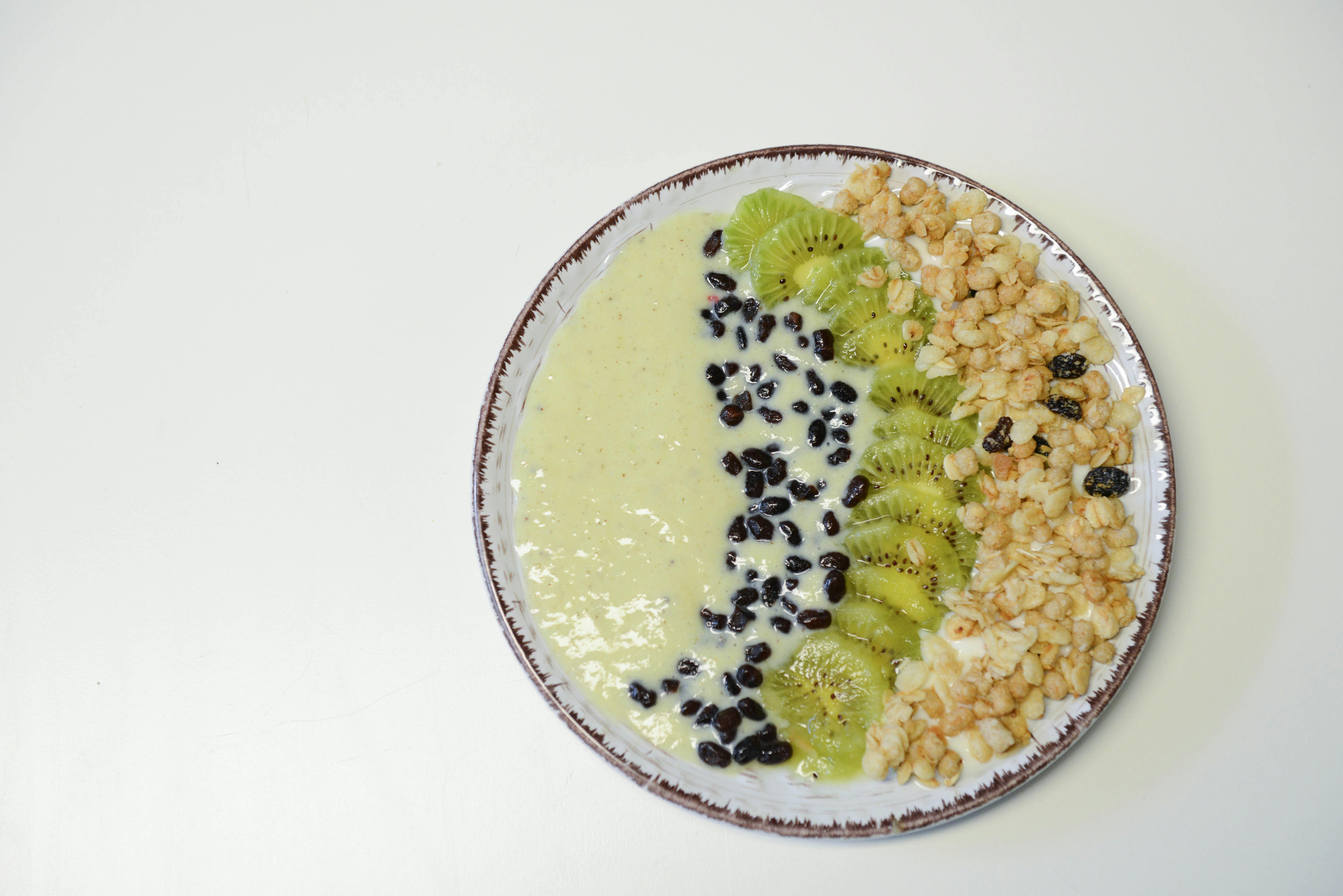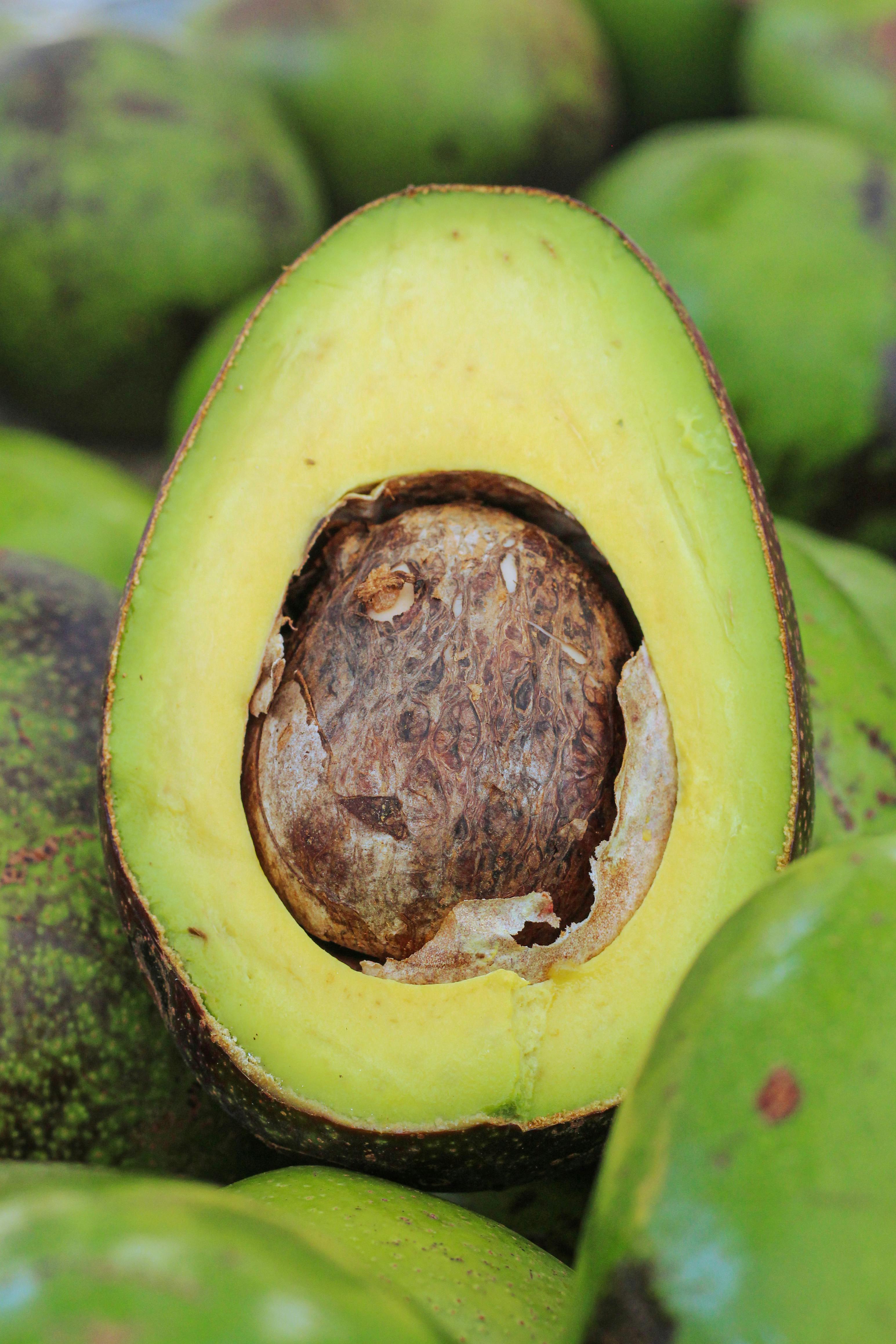How to Choose the Best Dairy-Free Mayo Options in 2025: Discover Delicious Alternatives


Understanding Dairy-Free Mayo Ingredients
Choosing the right dairy-free mayonnaise can be a game changer, especially for those with dietary restrictions such as lactose intolerance or a strict vegan diet. Understanding mayonnaise ingredients is crucial in finding alternatives that fit your nutrition needs. Traditional mayonnaise is an emulsion primarily made from egg yolks, oil, and vinegar. However, many popular brands now offer mayo without dairy, replacing eggs with plant-based ingredients such as aquafaba or soy protein. By knowing what to look for in mayonnaise brands, you can ensure you're selecting a product that aligns with your health goals while keeping your meals tasty and satisfying.
Commercial versus Homemade Dairy-Free Mayo
When exploring store-bought mayo options, you might notice a range of products labeled as vegan mayo options. These may vary significantly in terms of flavor and consistency. Alternatively, making homemade dairy-free mayo allows for greater control over the ingredients and flavor. A basic homemade mayo recipe requires just a few ingredients: a neutral oil, vinegar or lemon juice, and egg substitutes like aquafaba. This gives you the flexibility to experiment with flavors and customization.
Health Benefits of Dairy-Free Mayo
One of the standout features of dairy-free mayonnaise is its potential health benefits. Many healthy mayo alternatives use ingredients rich in healthy fats, such as avocado oil or olive oil. These fats can provide heart health benefits when consumed in moderation. Additionally, opting for low-fat mayo variants can help you reduce calorie intake which is essential for those on a dairy-free diet or looking to indulge in lighter fare.
Choosing Between Popular Mayonnaise Brands
The market boasts numerous mayonnaise brands, and choosing the ideal one doesn’t have to be overwhelming. Start by evaluating the nutrition facts and ingredient list. Brands prioritizing clean labels often use fewer preservatives and artificial ingredients, making them better choices for health-conscious consumers. Additionally, consider checking for gluten-free mayonnaise options if you have allergies or sensitivities. Always look for products labeled as egg-free if you must avoid egg-based products altogether.
Comparing Mayonnaise Flavor Profiles
Different mayonnaise flavors can elevate a variety of dishes. Some brands introduce options infused with garlic, herbs, or spices, giving you more creativity in meal preparation. Make mayo recipes shine by trying out these various versions with your salads or sandwiches. When trying different brands, conduct a mayo taste comparison to identify which versions complement your cooking style best.
Evaluating Mayonnaise Nutrition
Understanding the nutritional value of various mayonnaises is essential. This includes checking their fat content and calories which can vary significantly. Balancing regular mayonnaise dishes with those using lighter versions can enhance your overall health. Look also for mayonnaise substitutes for dairy that offer similar satisfaction without the added calories. Remember that the goal is to incorporate enjoyable flavors while adhering to your dietary requirements.
Creative Ideas for Using Dairy-Free Mayo
Dairy-free mayo can be a versatile ingredient in many kitchens, not just as a sandwich spread. It can serve as a base for delicious dips or salad dressings, enhancing flavors without compromising dietary restrictions. Using mayonnaise in baking could be an exciting avenue to explore, as it adds moisture and richness to baked goods. You can find unique mayo dishes that transform traditional recipes into dairy-free delights.
Quick Recipes to Try with Dairy-Free Mayo
If you're looking for simple yet indulgent recipes, a classic potato salad can easily be adapted using dairy-free condiments like vegan mayo. Simply mix boiled potatoes, celery, onions, and your flavored mayo for sandwiches. This versatile ingredient can also be worked into creamy pasta salads, offering a delightful creaminess without the dairy. Experimenting with mayonnaise dressing recipes can yield fan favorites that satisfy cravings while adhering to dietary needs.
Tips for Storing Dairy-Free Mayo
Proper storage is crucial for ensuring the longevity of your dairy-free mayonnaise. Always store it in a cool, dry place away from sunlight after opening, as exposure can spoil its flavor and freshness. Most store-bought products come with mayonnaise shelf life information, so it’s wise to adhere to these guidelines. However, always rely on your senses; if it smells off or tastes different, it’s safest to discard it.
Key Takeaways
- Understanding mayonnaise ingredients is essential for choosing suitable dairy-free options.
- Explore both store-bought and homemade alternatives to match your flavor preferences.
- Health benefits significantly vary across brands, so analyzing nutrition facts is crucial.
- Dairy-free mayo serves as a versatile ingredient in many culinary applications.
- Proper storage conditions can extend the freshness and shelf life of your mayo.
FAQ
1. Is all mayonnaise dairy-free?
Most commercial mayonnaise is dairy-free, but always check the mayonnaise ingredients for potential dairy additions, especially in flavored varieties. The classic mayonnaise formula comprises oil, egg, and vinegar, so it’s typically safe for those avoiding dairy.
2. How can I make homemade dairy-free mayo?
A simple homemade mayo recipe involves blending together an egg substitute like aquafaba, oil, vinegar, and any seasonings to taste. This allows for personalized flavor adjustments while ensuring all ingredients are dairy-free.
3. Can I use dairy-free mayo in baking?
Yes! Dairy-free mayonnaise can be a great ingredient in baking, adding moisture and a unique flavor profile to cakes and cookies, making them deliciously rich without using dairy products.
4. What is vegan mayo made of?
Vegan mayo typically contains ingredients like plant oils, emulsifiers such as soy protein, and other seasonings, making it entirely devoid of animal products, hence suitable for those on a vegan diet.
5. Are there low-calorie options for dairy-free mayo?
Yes! Many brands offer low-calorie mayonnaise formulations made with healthier fats or reduced oil content while still delivering beautiful creaminess to dishes without excess calories.
